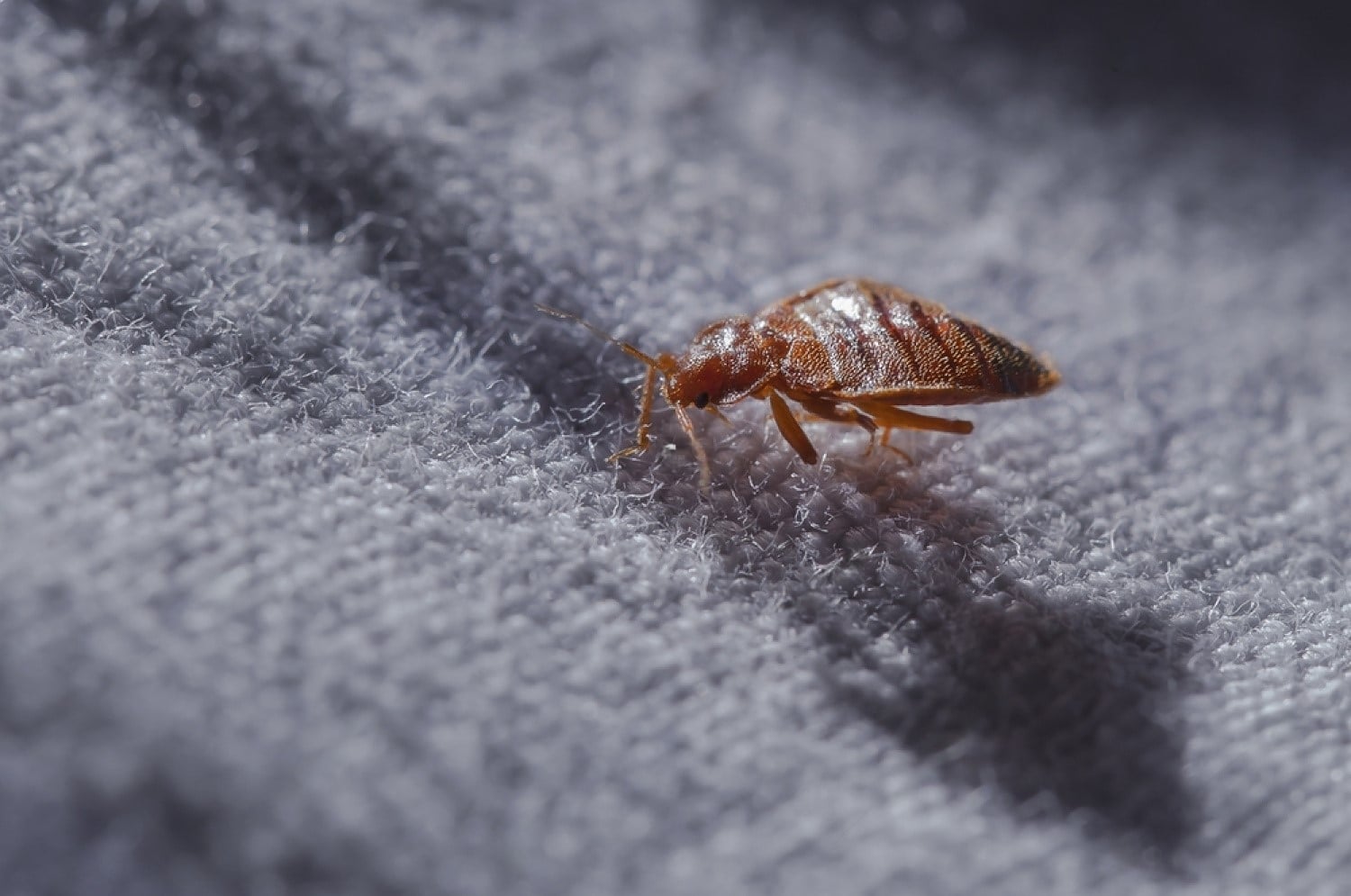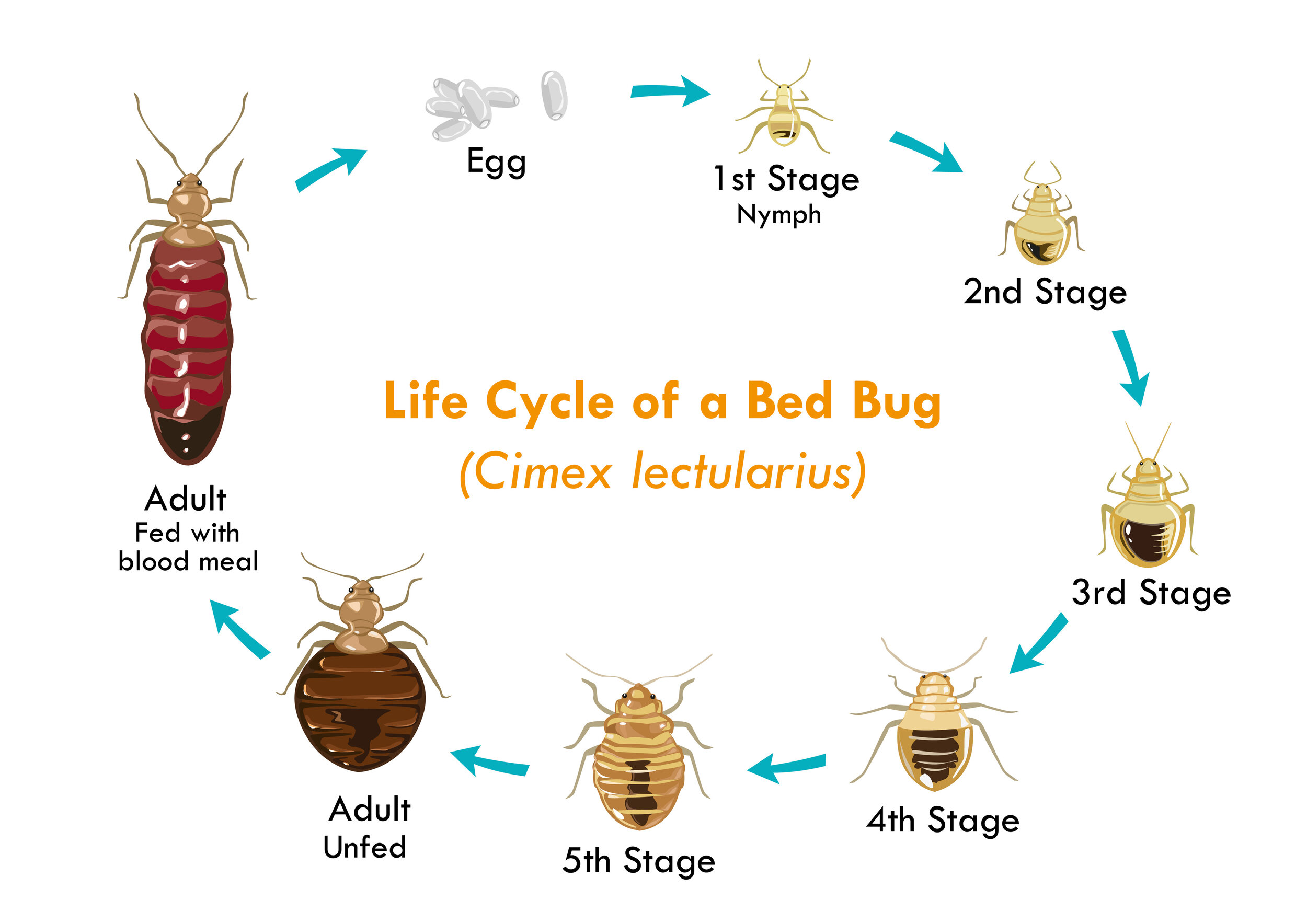Understanding the Lifecycle of Insects for Targeted Control Techniques
Comprehending the lifecycle of bugs is a basic facet of effective pest management techniques. By comprehending the various phases of growth that parasites undertake, an extra precise and targeted approach can be adopted to regulate their populaces. This expertise not just drops light on the susceptabilities within the bug lifecycle however likewise paves the way for executing tactical measures that can disrupt their development and reproduction cycles. Through a much deeper understanding of just how bugs thrive and advance, customized control approaches can be created to attend to certain points in their lifecycle, ultimately bring about even more successful pest monitoring end results.
Value of Understanding Bug Lifecycle
Understanding the lifecycle of parasites is necessary for developing efficient and targeted control strategies in bug administration. By understanding the various phases a parasite undergoes from egg to grownup, parasite control professionals can determine at risk factors in the lifecycle where treatment can be most successful. Knowing when larvae are most active can assist establish the optimal timing for applying larvicides. Furthermore, recognizing the life-span of a pest species can aid in anticipating populace development patterns and possible infestation dangers.
Additionally, identifying the certain ecological problems essential for each and every phase of the parasite's lifecycle can lead choices on environment adjustment or exclusion methods to reduce and disrupt the lifecycle parasite populaces. This expertise allows pest administration specialists to apply positive steps instead of relying solely on responsive therapies, causing more sustainable and long-lasting bug control options. Eventually, a thorough understanding of parasite lifecycles equips bug control specialists to tailor their techniques efficiently, decreasing environmental effects and taking full advantage of control results.
Key Phases in Insect Growth
To effectively execute targeted control techniques in parasite management, an essential facet exists in thoroughly identifying and understanding the essential stages in parasite growth. Parasite development generally consists of several key phases that are crucial for their lifecycle and management.

Vulnerabilities in Bug Lifecycle
Throughout the various stages of an insect's lifecycle, distinct vulnerabilities arise that can be strategically targeted for reliable control actions (A1 Bed bug Exterminator houston). One vital susceptability exists in the egg phase, where pests are frequently much more vulnerable to certain pesticides or organic control agents due to their soft external covering, making them less complicated targets for treatment. Comprehending these vulnerabilities in the pest lifecycle is crucial for establishing reliable and exact control techniques that efficiently take care of bug populations while decreasing ecological impact.
Applying Targeted Control Procedures

Executing targeted control actions commonly includes a multi-faceted approach. This might include click resources environment modification to make the setting less congenial to pests, such as getting rid of standing water for mosquito control or securing entry points for rats. Furthermore, organic control methods can be made use of, where natural killers or virus are presented to keep bug populations in check.
Integrated Parasite Monitoring (IPM) strategies that incorporate various site link control measures in a worked with and lasting fashion are usually the most reliable in attaining lasting parasite administration objectives. By executing targeted control steps based on an extensive understanding of insect lifecycles, insect populations can be properly regulated while lessening dangers to human health and the environment.
Boosted Parasite Administration Practices

Furthermore, the unification of biological control agents, such as all-natural predators or pathogens of parasites, can aid decrease dependence on chemical pesticides and advertise an extra balanced ecosystem. Executing physical barriers and catches can also be part of improved pest monitoring techniques, providing safe and targeted remedies for insect control. Furthermore, making use of pheromones and other semiochemicals can interrupt pest breeding patterns and interaction, resulting in minimized parasite look what i found populaces over time.
Final Thought
Finally, recognizing the lifecycle of pests is vital for reliable parasite management techniques. By recognizing vital phases in pest development and vulnerabilities in their lifecycle, targeted control steps can be executed to lessen bug populaces. Boosted parasite monitoring techniques can aid reduce the reliance on broad-spectrum pesticides and promote even more lasting and eco pleasant bug control techniques. This understanding plays a crucial function in preserving healthy and balanced ecosystems and agricultural performance.
Comprehending the lifecycle of parasites is crucial for creating efficient and targeted control strategies in parasite administration. By comprehending the numerous stages a parasite goes with from egg to adult, parasite control experts can identify at risk points in the lifecycle where treatment can be most effective. Ultimately, a thorough understanding of parasite lifecycles equips pest control experts to tailor their approaches successfully, optimizing and reducing ecological effects control end results.
By executing targeted control actions based on an extensive understanding of pest lifecycles, bug populaces can be efficiently managed while decreasing risks to human wellness and the environment.
By determining key stages in insect growth and vulnerabilities in their lifecycle, targeted control measures can be implemented to decrease insect populaces.